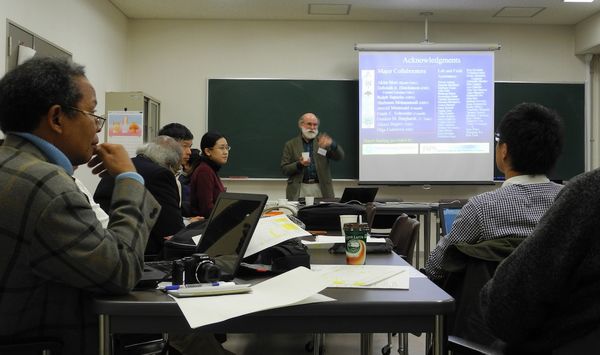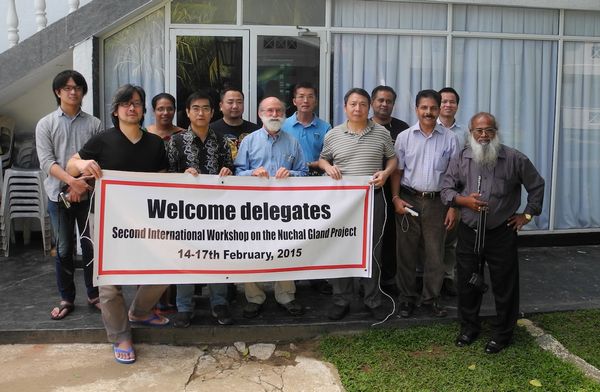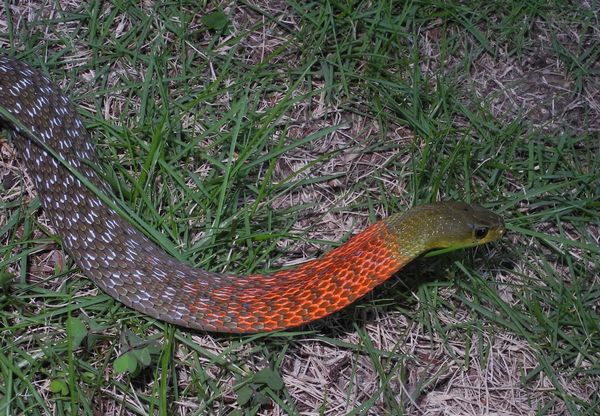Establishment of Asian International Research Team in Biology toward the Effectuation of Nagoya Protocol
Project Gist
Toward biology without the national borders and politics: Snakes connect researchers of the world
Keywords
Nagoya Protocol, International collaboration, Evolution of snakes, Utilization of prey toxin
Background, Purpose, and Project Achievements
Convention on Biological Diversity, which was signed by 150 countries, is dedicated to promote sustainable development of biological diversity on the earth. In 2011 the Nagoya Protocol was adopted to provide an international legal framework for the effective implementation of this activity. Based on this protocol, new regulations will be adopted in each country concerning international scientific research that deals with biological resources of other countries. However, due to the expected complicated procedures to follow the regulations, this new system could potentially hinder the development and improvement of international scientific collaboration research, and therefore, would impede the scientific activities that lead to the effective protection of biodiversity. In this program, we organized a new international collaboration team, which is comprised of snake researchers of several Asian countries including both providers and users of biological resources, and discussed practical strategies to counter the forthcoming complicated legal, administrative, and diplomatic processes.
Future Prospects
Scientific knowledge should be open to every one of any countries. Access to scientific knowledge should not be impeded by national laws that are originally adopted for profits of politics. No animals and plants have the national borders. To understand the amazing world of living organisms on the earth and to maintain the biodiversity of the world, we need to make international collaboration teams that involves both provider and user countries of biological resources and enables us to conduct scientific research without being controlled by political intention.
Figures



Principal Investigator

・MORI Akira
・Graduate School of Science
・Born in Osaka. Obtained PhD at Graduate School of Science, Kyoto University in 1993. I have been studying behavior and ecology of snakes for more than 30 years. As well as field researches in Kyoto and Okinawa, Japan, I am conducting international collaborations with researchers of various countries including USA, Madagascar, and China.
・http://ethol.zool.kyoto-u.ac.jp/index.html
